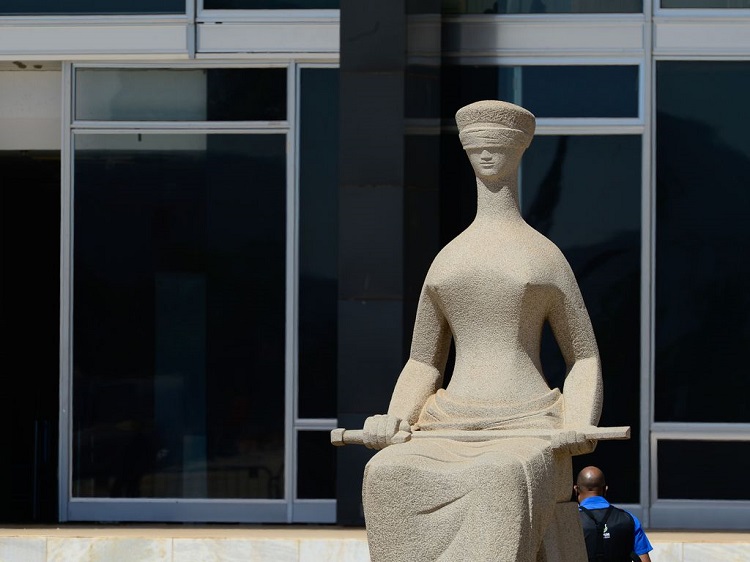

Judge Kassio Nunes takes office at the Supreme Court
The nomination was approved by the Senate by 57 votes to 10
Subjects
Justice Kassio Nunes Marques took office no November 5 at the Brazilian Supreme Court (STF), in a strictly virtual session. After the retirement of Justice Celso de Mello on October 13, Justice Kassio Nunes Marques was appointed to the vacancy by President Jair Bolsonaro, with the nomination being confirmed by the Senate by 57 votes to 10.
Justice Kassio Nunes Marques is from Teresina (State of Piauí), he graduated from the Federal University of Ceará, has a master’s degree from the University of Lisbon and is currently pursuing a Ph.D. at the same institution. He is 48 years old and, according to the STF retirement rule, he may have a twenty-seven-year tenure at the Supreme Court.
Kassio began his legal career in law and held several positions at the Bar Association of the State of Piauí and the Federal Bar Association. In 2008, he became a Judge of the Regional Electoral Court of Piauí and, in 2011, Judge of the Regional Federal Appellate Court of the 1st Region (TRF1). As Judge at TRF1, he joined the 1st Panel and the 1st Section (deciding several cases related to social security, welfare benefits and the rules applicable to civil and military public servants). Between the years 2018 and 2020, he served as the Court’s Vice President.
During his confirmation hearing at the Senate, the Justice provided clarifications about his professional curriculum, as well as controversial issues of interest to the senators, on which he positioned himself as follows:
- ‘Lava Jato’ corruption probe: it does not deserve demerits, but it can be improved;
- Arrest after conviction by the appellate court: it must be decided by the National Congress;
- Abortion: he claimed to be “pro-life”;
- Demarcation of indigenous lands: he maintained that the division of powers in the matter of indigenous lands is well established;
- LGBTQIA + rights to adoption, civil marriage and the use of a social name: he confirmed that the social rights of minority groups are already “pacified” in society.
Under section 38 of the STF Internal Regulations, cases that were under Justice Celso de Mello’s docket will be assigned to Justice Kassio Nunes, except in cases where, before the new Justice took office, the President of the Supreme Court determined the reassignment to different Justice.
For more information on the news of the Superior Courts, visit Mattos Filho’s practice of Litigation and Arbitration.
*With Ana Luiza Barros de Ávila’s contribute



